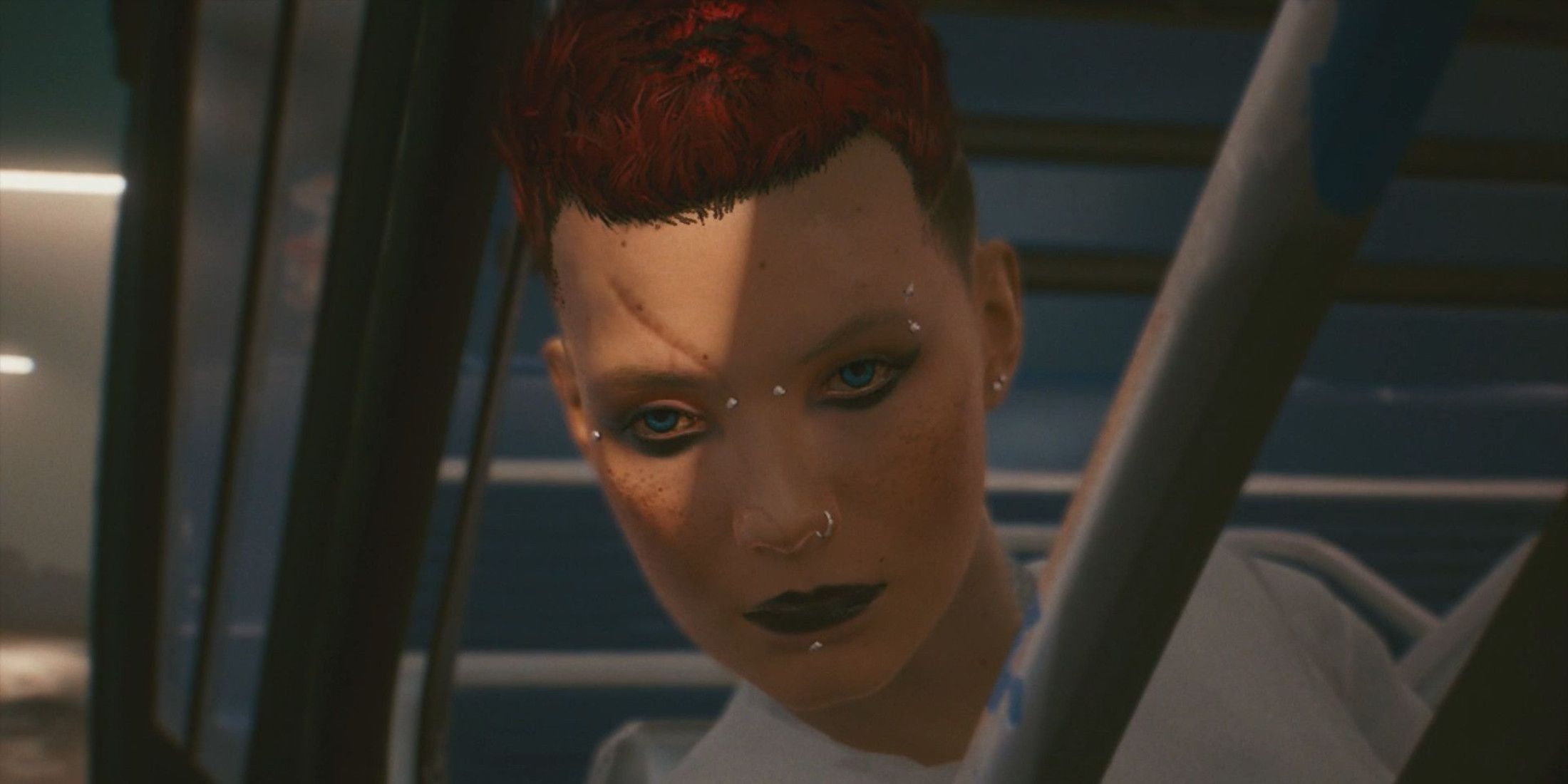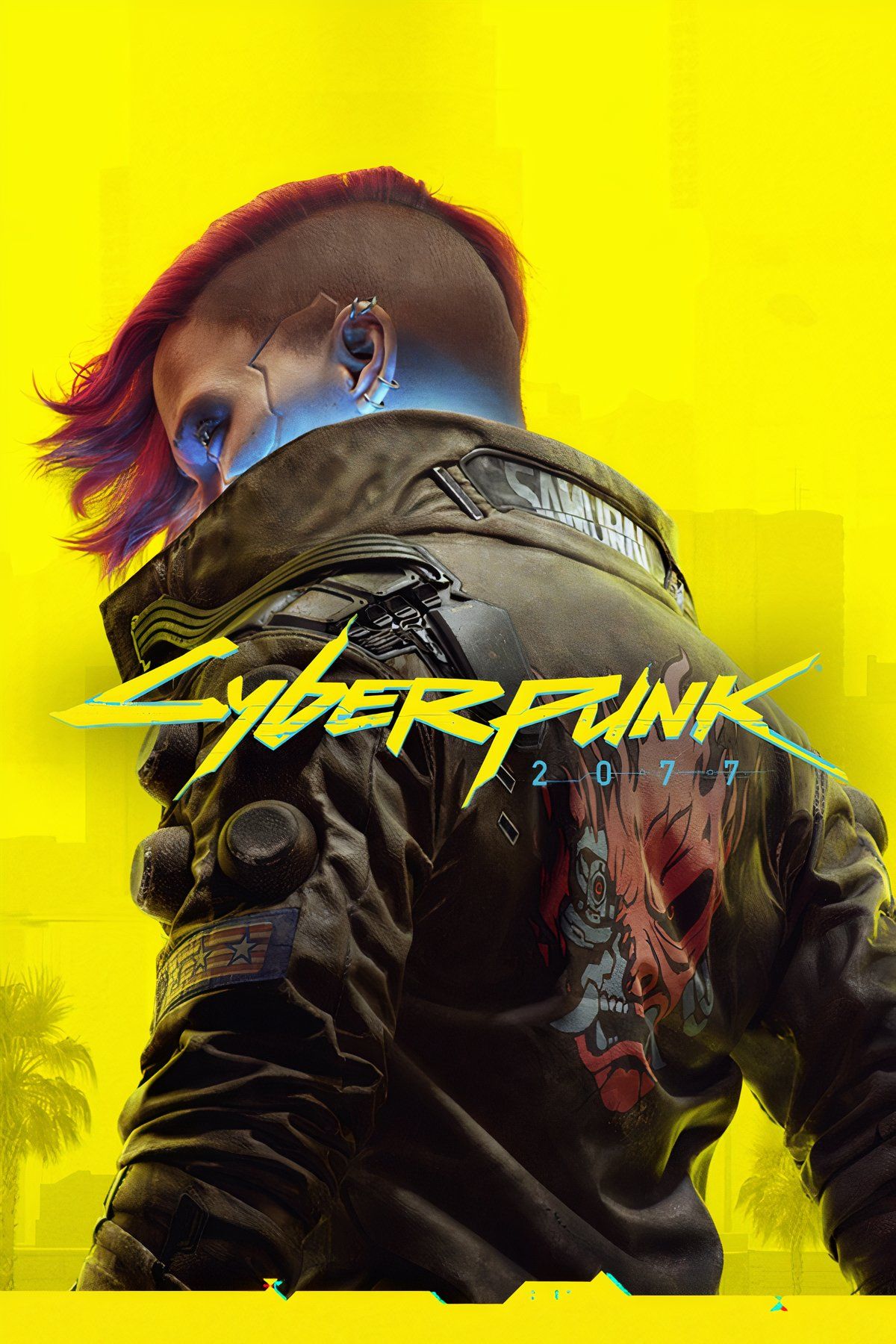Cyberpunk 2077, despite its innumerable faults at launch, is a truly special game, and one can only assume that Project Orion, its codenamed sequel, will solidify its nascent legacy. But while Project Orion is full of potential—especially considering what CD Projekt Red has hopefully learned from Cyberpunk 2077‘s disastrous release—its premise is a big mystery.
Major spoilers ahead for Cyberpunk 2077.
Perhaps the greatest question mark surrounding Project Orion is how exactly it will connect to the story of Cyberpunk 2077. After all, CDPR’s sci-fi opus features several distinct endings, most of which result in V’s demise. Canonizing an ending in an RPG series is always messy business, but the fact that Cyberpunk is, for the most part, a self-contained narrative, changes things as well. It’s not like, say, Mass Effect, where each entry leads into the next one, and all of them come together to form a single narrative. Having said that, if CD Projekt Red is indeed going to make Project Orion some sort of direct sequel to Cyberpunk 2077, it has to choose one ending to write in stone, and The Devil could be the right choice.

Related
The Argument for Cyberpunk 2077’s Sequel to Follow the Temperance Ending
Project Orion may very well be forced to make one of Cyberpunk 2077’s endings canon, and the Temperance ending is perhaps the best route.
Cyberpunk 2077: Arguing for The Devil To Be the Canon Ending
The Devil Is Cyberpunk’s Darkest Ending
It’s not exactly surprising that The Devil is almost unanimously cited as Cyberpunk 2077‘s worst ending. It involves V selling out to Arasaka—a corporation that is presented as, if not wholly evil, a symbol of everything wrong with the game’s hyper-capitalist, unregulated world. Arasaka is the player’s enemy for most of the game: it created the engram that set Johnny and V on their trail of destruction in the first place, and its crimes against humanity in general are well documented. Put plainly, they are not a fan-favorite faction.
But like so many uber-powerful organizations, they can be a corrupting force. They make V a tantalizing offer: they can save their life, in a sense, by copying their consciousness onto a personality engram of their own. This engram can then theoretically be implanted into any vessel, organic or cybernetic, which effectively makes V immortal. Of course, this all comes at the cost of working for Arasaka, aiding their ultimate, shadowy goals and selling V’s soul, but this is a deal many would likely take in the real world. Even though it’s just a copy of V’s persona, the idea of continued life has widespread appeal; as sad as it is to admit, the lofty ideals of many would likely crumble when faced with such an offer, especially if the alternative is a slow and painful death.
The Devil ending has an alternate branch, wherein V helps Arasaka and still chooses to die, though this doesn’t have much potential when it comes to a sequel—it’s mostly just depressing and fruitless.
Project Orion Could Do a Lot With The Devil Ending
Despite being dark, depressing, and not exactly loved by fans, The Devil is a particularly fitting ending. The violent and unjust corporate world of Cyberpunk 2077 is hard to escape uncorrupted, and V abandoning any semblance of morals or integrity for the chance at everlasting life is definitely thematically resonant, if rather disappointing. Moreover, following this concept to its conclusion could allow for a great degree of narrative potential.
If CD Projekt Red wants to make V the protagonist of Project Orion, then The Devil is one of the only endings that could be canonized, since V is sentenced to death in most others. Maybe Project Orion could be about V rectifying this decision, as players could assume the role of the “engram V,” who regrets siding with Arasaka and chooses to fight them to undo their Frankenstein-esque fate, even if it means their death. Alternatively, V could be an antagonist in Project Orion, serving as a puppet of their corporate overlords.












Leave a Reply